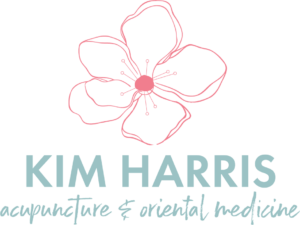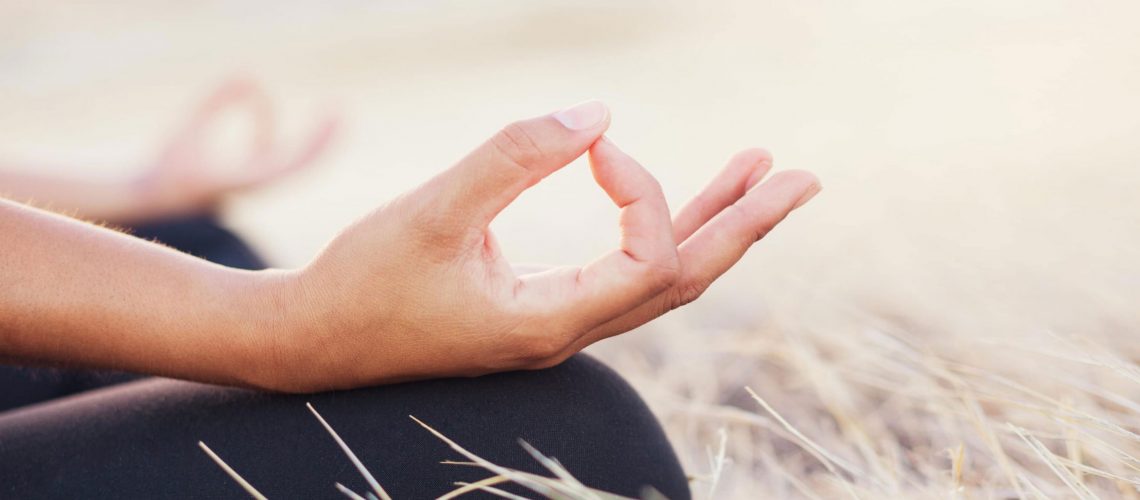A Time to Conserve and Nourish Our Energy
For the ancient Orientals winter is Yin in nature – inactive, cold and damp. It is ruled by the Water element which is associated with the kidneys, bladder and adrenal glands. The kidneys are considered the source of all energy (Qi) within the body. They store all the reserve Qi so that it can be used in times of stress and change, or to heal, prevent illness, and age gracefully.
During the winter months it is important to nurture and nourish our kidney Qi. It is the time where this energy can be most easily depleted. It is a time to listen to our body instinctively urging us to:
- SLOW DOWN – rest and keep warm
- REFLECT on our health and enjoy times of introspection
- REPLENISH our energy (Qi)
- CONSERVE our strength, and …
- … prepare for the outburst of new life and energy in the spring.
Food Choices for Winter
If you tend to reduce your activity in winter it’s wise to also reduce the amount of food you eat to avoid gaining weight unnecessarily. Avoid raw foods as much as possible, as these tend to cool the body. During winter you should emphasise warming foods like:
- Soups and stews
- Root vegetables
- Beans
- Miso and seaweed
- Garlic and ginger
Eating warm hearty soups, whole grains, and roasted nuts help to warm the body’s core and to keep us nourished.
Staying Healthy
Here are a few tips to staying healthy this winter:
- Exercise: Get the Qi moving with light physical exercise such as walking, jogging or biking – to prevent stagnation. On stormy or windy days rug up properly or stay indoors where possible. The cold that surrounds us at this time of year can easily seep into our bodies and lower our immunity. Exercise until you are warm but stop before you sweat too much. Practicing qi gong or yoga is especially valuable in winter.
- Sleep: Get plenty of it! The Nei Ching, an ancient Chinese classic, advised people to go to sleep early and rise late, after the sun’s rays have warmed the atmosphere a bit. This preserves your own yang Qi for the task of warming in the face of cold.
- Reduce stress: Find a way to relax and release stress on a daily basis. Try yoga, meditation, biofeedback, simple relaxation therapy or whatever method you prefer to release the stress and pressures of modern life.
Building Up Your Protective Qi
Acupuncture and Oriental medicine can prevent colds and flu by building up the immune system with just a few needles inserted into key points along the body’s energy pathways. These points are known for strengthening the circulation of blood and energy and for consolidating the outer defence layers of the skin and muscle (wei Qi) so that germs and viruses cannot enter through them. Regular acupuncture treatments also serve to tonify the inner organ systems and can correct minor annoyances before they become serious problems.
Treat Colds — the Oriental Medicine Way!
If you already have a cold acupuncture and herbal medicine can help with the chills, sniffles, sore throat, or fever in a safe, non-toxic way that doesn’t bombard your body with harmful antibiotics. Acupuncture does not interfere with Western medical treatment. On the contrary, in most cases it provides a welcome complement and with its emphasis on treating the whole person recovery time for illness is often shortened.

